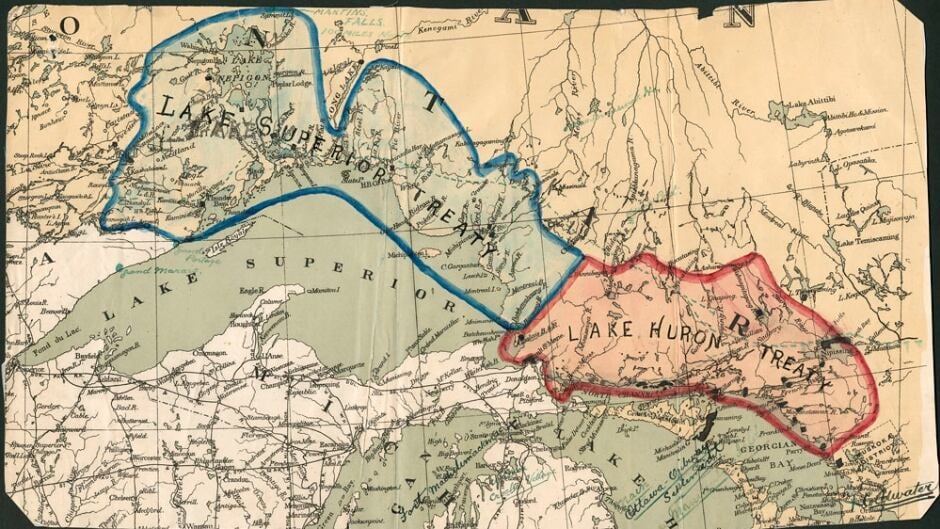DESIBUZZCanada
Events Listings
Dummy Post

International Day Of Yoga To Be Virtually Celebrated Saturday At 4pm

CANCELLED: Coronavirus Fears Kills Surrey’s Vaisakhi Day Parade

ADVERTISE WITH US: DESIBUZZCanada Is The Most Read South Asian Publication Online

SURREY LIBRARIES: Get Technology Help At Surrey Libraries

WALLY OPPAL: Surrey Police Transition Update On Feb. 26

GONE ARE THE DAYS - Feature Documentary Trailer

Technology Help At Surrey Libraries

Birding Walks

Plea Poetry/short Story : Youth Contest

International Folk Dancing Drop-in Sessions
Shame On Canada For Making A ‘Mockery’ Of A Treaty Deal With First Nations
- August 3, 2024

Supreme Court of Canada urges Canadian and Ontario governments to make payouts after ‘dishonourably’ neglecting 1850 deal.
By Harinder Mahil
In a scathing decision released last week, the Supreme Court of Canada criticized both the federal and Ontario governments for their “dishonourable” conduct concerning an 1850 treaty which left First Nations people to struggle in poverty while surrounding industry and government exploited the abundant natural resources and enriched themselves.
The Robinson-Huron Treaty and Robinson-Superior Treaty, signed in 1850, spelled out an agreement between the colonial government of the day and Indigenous Nations along Lake Huron and Lake Superior. It gave settler governments use of the Aboriginal land in exchange for annual payments in perpetuity — payments that were required to increase as the value of the land increased, representing an agreement to share the wealth.

As a part of the agreement, the Huron and Superior ceded more than 100,000 square kilometres of territory encompassing Thunder Bay, North Bay, Sault Ste. Marie and Sudbury, in exchange for a payment of £2,000 in addition to aperpetual annual payment of £600 under the Robinson-Huron Treaty and £500 under the Robinson-Superior Treaty. At the time the treaties were signed in 1850, the annuity was equivalent to about $1.70 per person under the Robinson-Huron Treaty and $1.60 per person under the Robinson-Superior Treaty.
The treaties contained an “Augmentation Clause”, according to which the annuities were to be increased over time if the ceded lands produced an amount that would allow the Crown to increase the annuity without incurring loss. A condition of the augmentation was that the amount “paid to each individual” would not exceed £1(at the time, equal to approximately $4) a year, or “such further sum as Her Majesty may be graciously pleased to order”. The annuities were increased to $4 per person in 1875, but have been frozen at that amount since then.
The Court wrote in its landmark ruling, “For almost a century and a half, the Anishinaabe have been left with an empty shell of a treaty promise.”
In an unusually strong language, the Court wrote: “…, it should be clear that Ontario and Canada must act now to respect their treaty promises to the Anishinaabe, and to help restore the honour of the Crown and the nation-to-nation alliance that the treaties represent. ..The Robinson Treaties are not merely transactional instruments about the exchange of money for a tract of land. They are living agreements embodying a relationship nurtured over many years before 1850 and requiring ongoing renewal into the future. ..”

The court wrote, singling out the “shocking” figure paid to beneficiaries, “The Crown has severely undermined both the spirit and substance of the Robinson Treaties.”
Lawrence Wanakamik, chief of Whitesand First Nation, told reporters the decision had been a “long time coming”.
“We have suffered all those years with no economic benefits to our community. It’s been hard over the years trying to make a whole community for Whitesand,” he said, holding back tears. “We do have other struggles to contend with, but you know, with this settlement … we’ll have a better community from this point on.”
I hope both Canadian and Ontario governments will learn a lesson from this ruling and not repeat the same mistake again of making a mockery of a treaty agreement. Why would First Nations reach agreements with Canada if the government treats the agreements in such disrespectful manner?

Harinder Mahil is a human rights activist and is secretary of the Dr. Hari Sharma Foundation.

















